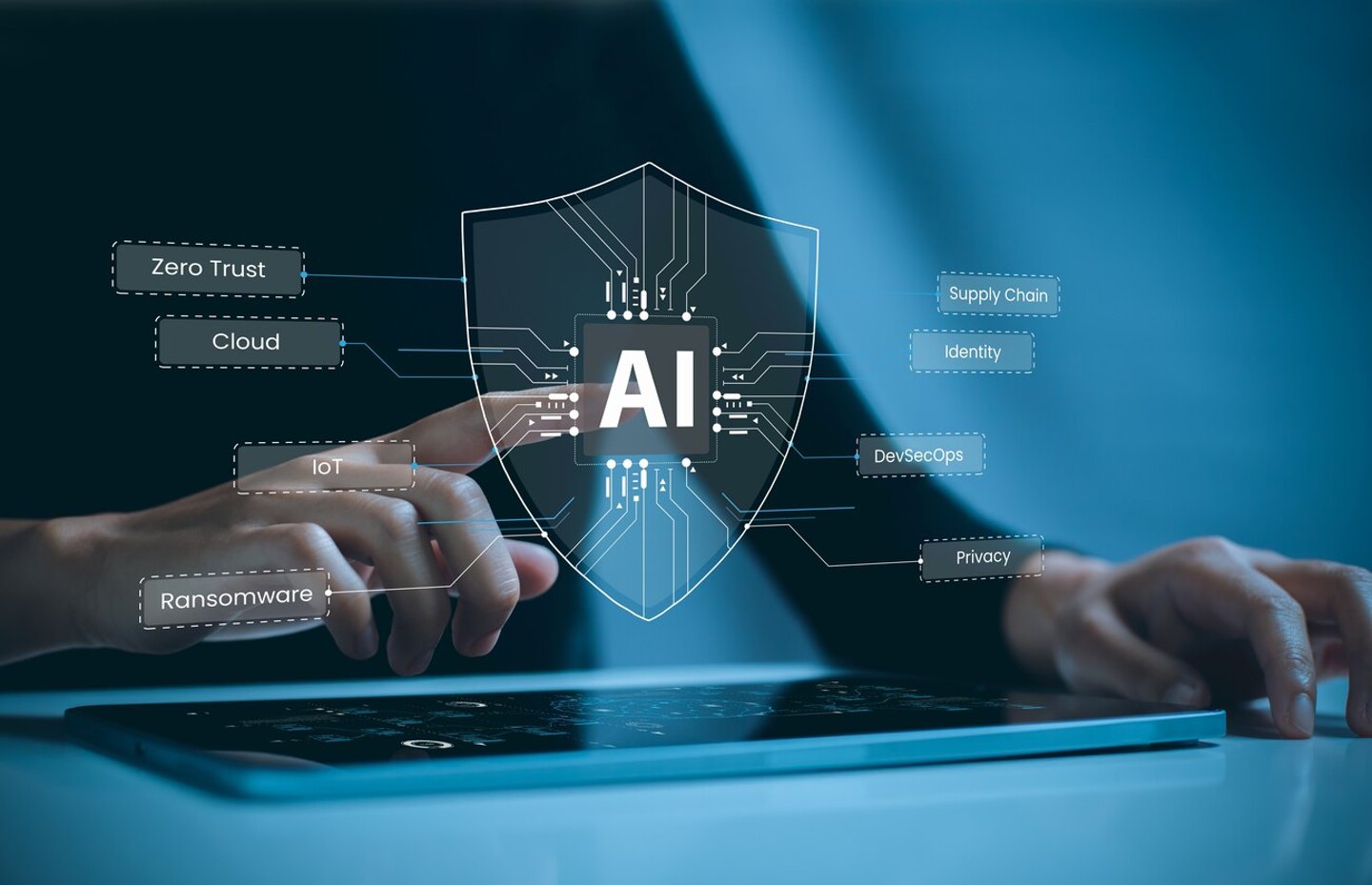9 Ways AI Is a Game-Changer for the Hospitality Industry
Artificial intelligence (AI) is a game-changer for the hospitality industry, improving the way restaurants and hotels optimize operations, elevate quality and safety, and enhance the guest experience. In fact, AI is expected to add $15.7 trillion to the global economy by 2030. The explosive growth of AI is due, in large part, to its ability to analyze complex data, boost transparency, enhance supply chain management, improve quality control, and much more.
Brands like Domino’s, Panera, and IHOP, along with Hilton Hotels, Marriott, and The Cosmopolitan of Las Vegas, are using AI to:
- Analyze massive, complex data. One of AI’s biggest benefits is its ability to analyze large volumes of data. This gives brand operators important insights to guide better decision-making, which can help improve staffing, scheduling, purchasing, and other decisions to save money, optimize resources, and reduce waste.
- Optimize operations. AI can help improve virtually every aspect of restaurant and hotel operations, driving productivity, efficiency, profitability, quality, sustainability, and automation, while reducing waste, expenses, and errors. AI allows brands to streamline their operational and administrative processes, increasing productivity and optimizing resources, which is especially important amid ongoing labor shortages in the sector. Additionally, eliminating manual processes means less tedious work, decreased administrative burden, and reduced risk of human error.
- Improve quality control. AI monitors and analyzes quality parameters, ensuring the highest standards are maintained throughout the supply chain journey. By analyzing massive amounts of data, AI-powered systems can accurately detect defects, contaminants, or anomalies to help improve product quality. AI's pattern recognition abilities allow brands to proactively identify and address quality issues before they negatively impact products – or your brand reputation.
- Boost food safety. Even one innocent mistake can cause a major safety breach that can sicken guests and be devastating for your brand’s reputation. Therefore, it’s essential to use innovative technology like AI to detect contaminants or spoilage in real time to improve food safety, regulatory compliance, and consumer trust. AI is also instrumental in tracking and tracing products across the supply chain for fast, accurate recalls if and when safety breaches occur.
- Improve forecasting. AI can predict market trends, giving brands key insights for their strategic planning. Leveraging these insights, hospitality brands can make smarter decisions, allocate resources more effectively, and increase their bottom line. AI can also optimize things like inventory management in hotels by forecasting demand and adjusting room price based on demand and availability. That way, brands can increase prices during busy periods and reduce inventory by lowering rates during off-peak periods.
- Optimize supply chain management. AI improves supply chain management, allowing companies to better forecast demand, optimize inventory levels, optimize logistics, and boost safety, quality, and transparency across the supply chain. Additionally, AI meticulously tracks products along the supply chain journey, ensuring they move safely in controlled environments.
- Boost sustainability. Did you know that 78% of consumers prioritize sustainability, and (84%) say that a lack of sustainability efforts will alienate them from a brand? Hospitality brands should prioritize sustainability efforts, using AI-powered tools to drive this initiative. For instance, AI can track data around organizations’ food waste. Every year in the US, 30% of all food and drink ($48.3 million) is thrown away, due to inefficient inventory management, inaccurate demand forecasting, and other preventable factors. Restaurants and hotels can use AI to reduce food waste via accurate demand forecasting, inventory optimization, and expiration date management, thereby reducing their environmental impact and saving money in the process.
- Boost cleaning and sanitation. AI-powered tools can automate and improve cleaning and sanitation processes to meet stringent food safety standards and eliminate potential hazards from cross contamination, norovirus, COVID, etc. Robots automate and speed up the cleaning process in many hotels, using high-grade, germ-killing cleansers and UV lights to disinfect guest rooms and common areas. This allows human housekeepers to concentrate on cleaning more high-touch areas like front desks, elevator buttons, and light switches.
- Elevate customer service. In the ultra-competitive hospitality industry, restaurants and hotels can use AI-driven tools to set themselves apart. AI can help brands understand guests’ individualized preferences, such as preferred menu items (e.g., vegetarian and extra-spicy) so they can recommend personalized offerings to meet each customer’s specific needs, wants, and dietary restrictions. Hotels can use AI to determine guests’ room requests in advance – even down to their preferred room temperature and the amenities they desire. Additionally, AI can provide quick, customized customer responses to social media posts and email questions and comments. AI-driven chatbots and virtual assistants can assist guests with booking reservations, answering questions, offering personalized recommendations, and more, which helps drive higher consumer satisfaction, loyalty, retention, recommendations, and sales.
Hospitality brands would be wise to adopt AI – and if they don’t embrace this technology, they risk falling behind. AI plays such a transformative role in our industry, elevating all aspects of operations, including safety, quality, transparency, efficiency, accuracy, sustainability, and improving the customer experience.
ABOUT THE AUTHOR
Paul Damaren is Chief Revenue Officer at RizePoint, a technology leader in the food safety, quality management, compliance, and social responsibility space. RizePoint’s quality management software solutions help companies, including Starbucks, McDonald’s, Hard Rock International, and more, keep brand promises through their quality, safety, and compliance efforts. Customers gather better data, see necessary actions earlier, and act faster to correct issues before they become costly liabilities. Check out RizePoint’s website and/or contact the team to learn how these solutions can help your company.

